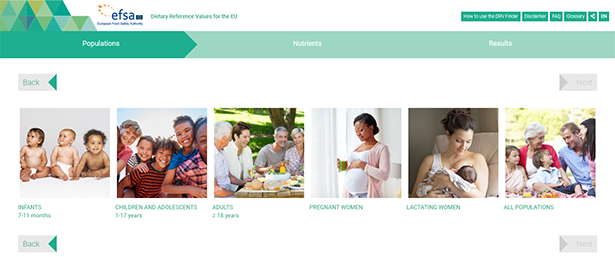EFSA has published the results of its two pilot assessments on the risks posed to humans by residues of multiple pesticides in food.
The assessments – one considering chronic effects on the thyroid system and the other acute effects on the nervous system – are the culmination of a multi-year collaboration between EFSA and the Dutch National Institute for Public Health and the Environment (RIVM).
The documents were finalised following a two-month consultation period during which EFSA received valuable feedback from a variety of stakeholders, including national institutions, academia, non-governmental organisations and commercial associations. A meeting was also held with stakeholders in Brussels to help clarify the methodology and explain the results of the work.
The overall conclusion for both assessments is that consumer risk from dietary cumulative exposure is, with varying degrees of certainty, below the threshold that triggers regulatory action for all the population groups covered. (See FAQ for more information on the use of uncertainty analysis in the assessments.)
Assessments covering the effects of pesticides on other organs and body functions will follow in the coming years. EFSA is currently defining a comprehensive implementation plan with the European Commission.
Background
The substances considered in the assessments were identified by EFSA’s pesticide experts using a methodology specially devised for classifying pesticides into “cumulative assessment groups” (CAGs).
The EU regulation on maximum levels of pesticides in food (MRLs) stipulates that decisions on MRLs should take into account cumulative effects of pesticides as and when the methods to assess such effects become available. In addition, the regulation covering the placing of pesticides on the market stipulates that pesticides should have no harmful effects – including cumulative effects – on humans.























